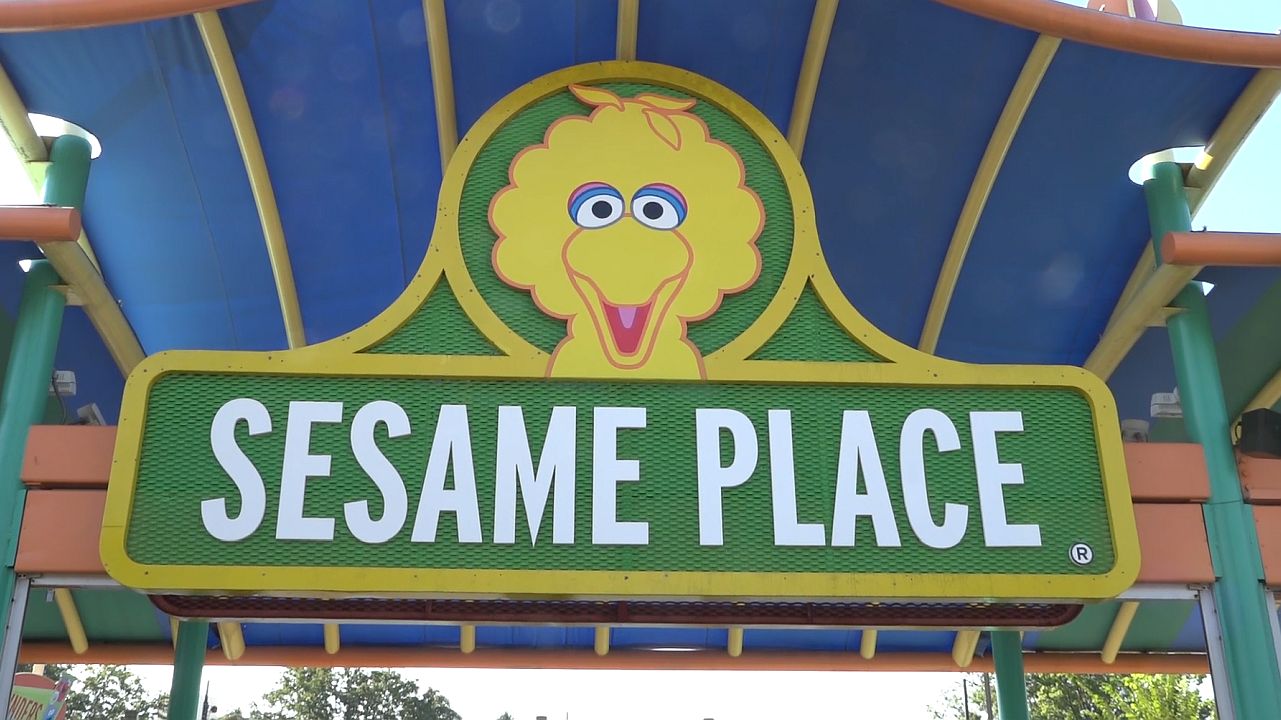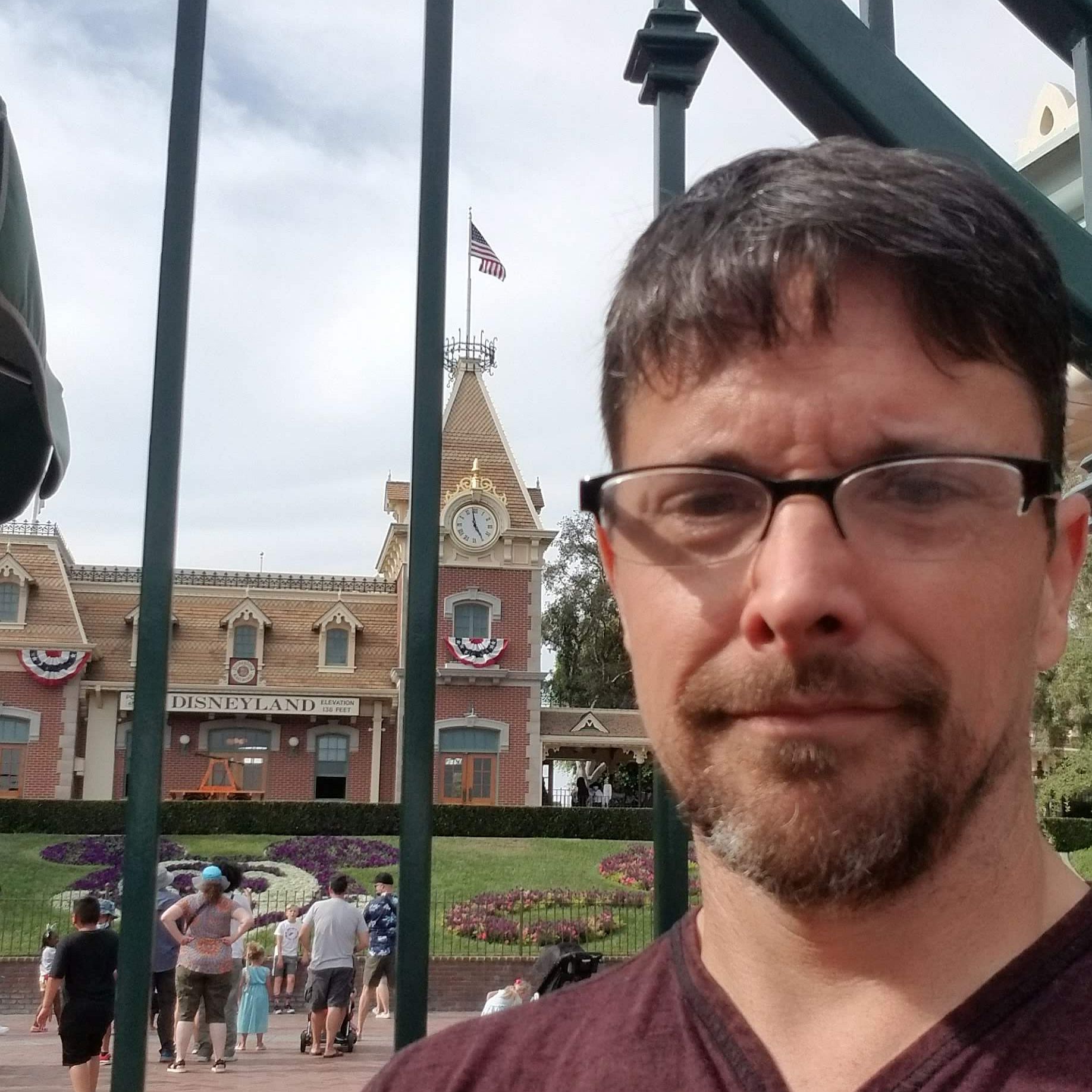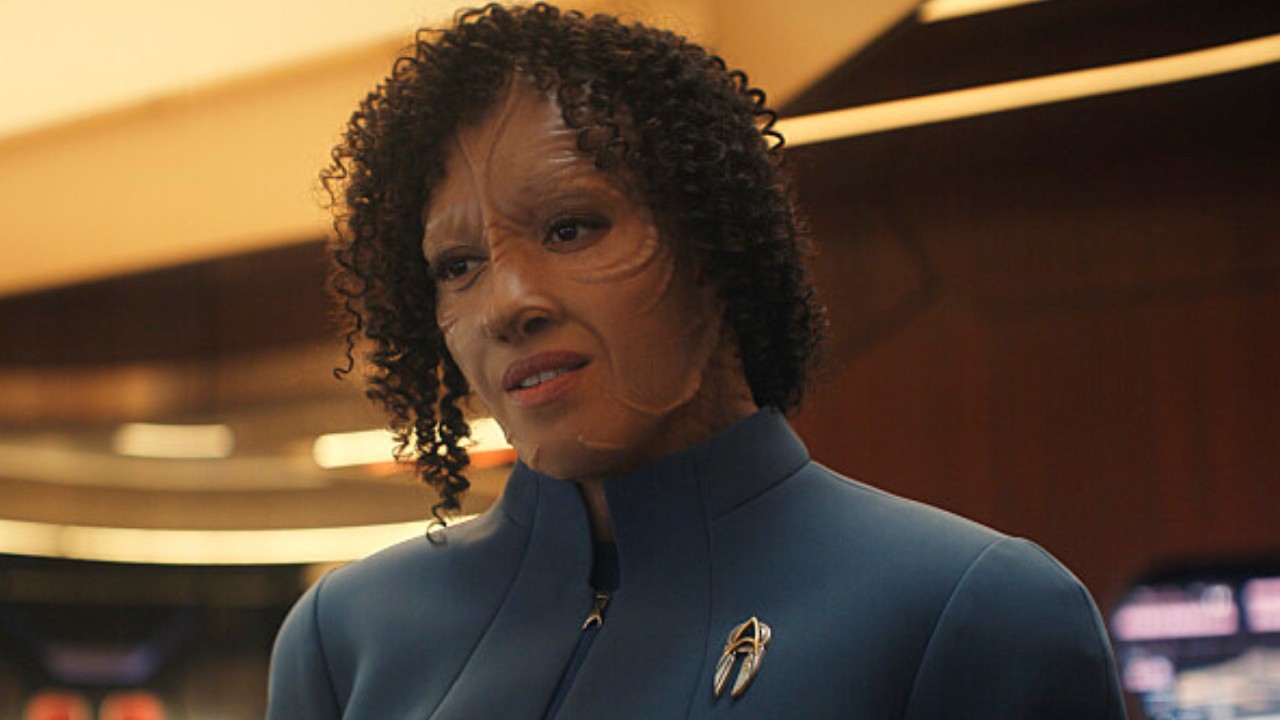Is SeaWorld In Financial Trouble? A Second Lawsuit Over Unpaid Bills Has Been Filed, This Time By Sesame Street's Owners
SeaWorld is facing not one, but two lawsuits over money it allegedly owes but has not paid.

Your Daily Blend of Entertainment News
You are now subscribed
Your newsletter sign-up was successful
Lawsuits are a fairly common occurrence when dealing with the theme park industry. Any time there is an injury on an attraction or any sort of incident on theme park grounds, a lawsuit is likely to follow. SeaWorld had to deal with a lawsuit last year when a fight broke out at the Orlando park. But now it turns out SeaWorld is dealing with not one, but two lawsuits over unpaid bills, including one Sesame Workshop, the non-profit organization that owns Sesame Street.
Last month the city of San Diego filed a $12 million lawsuit against the San Diego SeaWorld park over unpaid rent. The city owns the land that SeaWorld is located on and has allegedly not paid the city the agreed-upon amount since 2020. But it turns out that’s not the only lawsuit of its type. While the suit was apparently filed earlier this year, Court Watch is reporting that Sesame Workshop has filed a $10 million suit against SeaWorld for unpaid licensing fees.
SeaWorld World Entertainment Inc. operates two Sesame Place theme parks, one in Pennsylvania, and a second park in San Diego. Sesame Street characters can also be found at other SeaWorld parks. All this is done through a licensing deal with Sesame Workshop. The two sides apparently went through arbitration in March, where SeaWorld was ordered to pay $9.68 million, the 2021 licensing fee, as well as $151,151 in legal costs. But SeaWorld has apparently not paid.
SeaWorld, for its part, has filed a motion to vacate the arbitration ruling, calling it “egregiously improper.” It accuses Sesame Workshop of exploiting SeaWorld’s difficulties during the pandemic in order to benefit itself. In both the San Diego case and SeaWorld’s response to the Sesame Workshop suit, the pandemic is cited as a major issue for the theme park company. SeaWorld’s parks were closed for a significant period in 2020 and revenue ceased.
SeaWorld and Sesame Workshop signed their most recent licensing deal in 2017, but since then, things between the two sides haven't been all sunny days. Last summer the Philadelphia Sesame Place park was sued following accusations of racial discrimination inside the park. Sesame Workshop made its own public statement regarding the situation, which also made it clear that it was not the operator of Sesame Place.
SeaWorld has clearly struggled since the global pandemic shut down the parks. Attendance has not fully returned to pre-pandemic levels. And while some quarters have seen revenue increase, that hasn’t been the case consistently. And there’s potentially an argument to be made that considering the unprecedented situation SeaWorld was in during the pandemic, the city of San Diego and Sesame Workshop could cut SeaWorld a bit of slack, and maybe make some sort of deal.
At the same time, these two lawsuits constitute over $20 million that SeaWorld may need to shell out, and one has to wonder what that would mean to the company if it had to write those checks right now. Is SeaWorld not paying its bills because it’s just trying to save money, or because paying them would be a significant financial burden?
Your Daily Blend of Entertainment News
Considering this was the company that tried to buy Cedar Fair not that long ago, it would seem that SeaWorld likely has the cash, but simply doesn't feel it's fair they should have to pay full price due to the extenuating circumstances of the pandemic. We will find out if the courts agree.

CinemaBlend’s resident theme park junkie and amateur Disney historian, Dirk began writing for CinemaBlend as a freelancer in 2015 before joining the site full-time in 2018. He has previously held positions as a Staff Writer and Games Editor, but has more recently transformed his true passion into his job as the head of the site's Theme Park section. He has previously done freelance work for various gaming and technology sites. Prior to starting his second career as a writer he worked for 12 years in sales for various companies within the consumer electronics industry. He has a degree in political science from the University of California, Davis. Is an armchair Imagineer, Epcot Stan, Future Club 33 Member.
